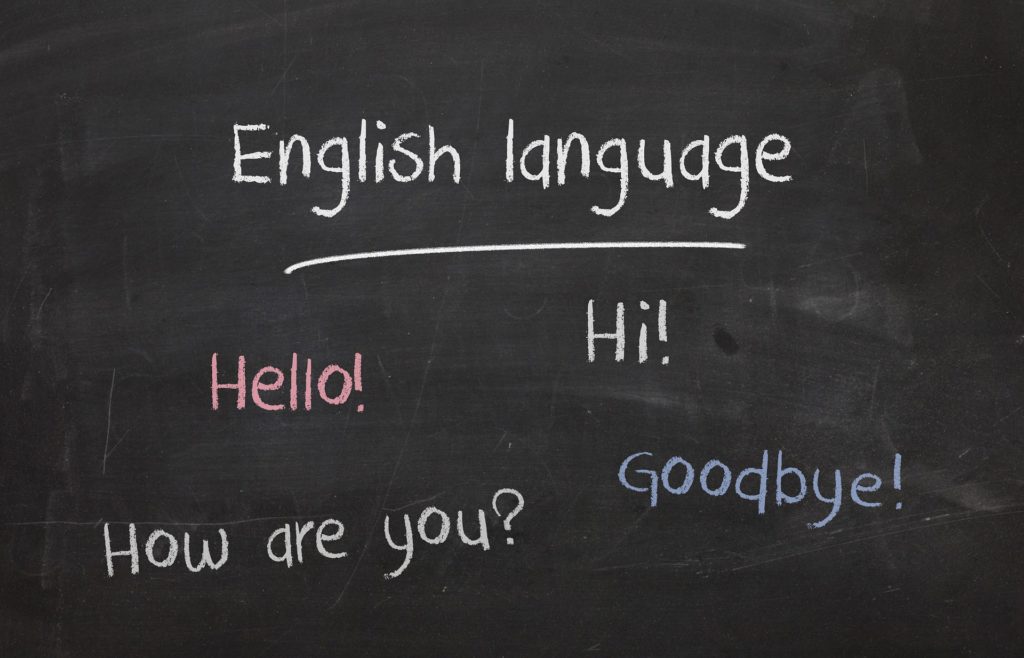Asian languages have always intrigued and fascinated people.
Some of them have been brave enough to try and learn an Asian language but most of us cowered before their complexity and intricacy. With its numerous honorifics and four systems of writing Japanese is no exception to the rule that Asian people speak the most difficult languages. Learning it surely sounds like a bumpy ride but it’s worth giving it a try.
Here are some interesting facts the Japanese language can surprise you with:
There are no plurals, as well as no articles in Japanese
See, that doesn’t sound too hard!
Since Japanese nouns don’t inflect they are fairly simple to master. The Japanese language lacks plurals in the normal English sense. Plural words are usually either preceded with a number and a counter or simply made understood through context.
Japanese people also don’t make a difference between “a”, “an” or “the”. While this might be an advantage to a person learning the language, it sure causes Japanese people some problems while studying and using English.
Japanese is widely used on the internet
 Here’s to all the otakus and weeaboos.
Here’s to all the otakus and weeaboos.
It’s a fact that Japan has one of the highest literacy rates amongst all countries. Japanese speakers might make up less than 2% of the world population, but almost 10% of Internet users are in fact Japanese. Online user data regarding Asia Pacific shows that East Asia had the highest number of internet users with Japan raking third in the region with 101 million internet users. Recent demographic data states that the largest share of the population using the internet in the country is aged 55 years and over and the most common reasons the internet is used for are navigation and watching online video content
Japanese is one of the most fast-paced spoken languages
A group of French linguists from the University of Lyon conducted a study on the pace languages are being spoken at measuring average language speed. Interestingly enough, Japan has a spoken syllable rate of nearly eight syllables per second. This is faster than Spanish, French and Italian.
However, the study offers some additional peculiar information. Japanese might really speak very fast and use a lot of words but in reality, Japanese also has the lowest amount of information density per second. That means that while a lot of stuff is being said, not a lot of information is being given. This isn`t very surprising, bearing in mind the number of honorifics the Japanese use, as well as the number of syllables some words have.
Politeness is a must in Japan
 The Japanese are well known for their politeness. Their etiquette reflects on the way they communicate with other people. Special grammatical forms and even vocabulary are being used to show respect. Japanese uses a broad array of honorific suffixes for addressing or referring to people. These honorifics are gender-neutral and can be attached to first names as well as surnames. Using this polite speech is necessary when communicating with people that do not have the same status as you. The honorifics change according to the age, job title or experience of the person we`re interacting with. The Japanese often use honorifics to demonstrate feelings other than respect, such as love, interest or even arrogance!
The Japanese are well known for their politeness. Their etiquette reflects on the way they communicate with other people. Special grammatical forms and even vocabulary are being used to show respect. Japanese uses a broad array of honorific suffixes for addressing or referring to people. These honorifics are gender-neutral and can be attached to first names as well as surnames. Using this polite speech is necessary when communicating with people that do not have the same status as you. The honorifics change according to the age, job title or experience of the person we`re interacting with. The Japanese often use honorifics to demonstrate feelings other than respect, such as love, interest or even arrogance!
English is the only foreign language taught in Japanese middle schools
Although Japanese colleges and universities offer a large variety of foreign languages accessible for their students to learn, only English is taught as a second language in Japanese middle and high schools and is a requirement for Japanese students. As you might have guessed English is indeed quite difficult for Japanese to learn but it’s done with the idea of integration and further prosperity.
Bonus fact:
 There’s no simple way to say “I love you” in any language. Is there a difference between saying “I love you” and “You’re the love of my life”? The Japanese have these things made easy for themselves. You can say “I love you” in several different ways in Japanese:
There’s no simple way to say “I love you” in any language. Is there a difference between saying “I love you” and “You’re the love of my life”? The Japanese have these things made easy for themselves. You can say “I love you” in several different ways in Japanese:
-
- “Daisuki” is used to express love for your friends or interest in somebody;
- “Aishiteru” is used for a person you’re in a serious relationship with;
- “Koishiteru” is used with the person you want to spend your life with.
Japanese is a magnificent language with an even more magnificent history. It is not simply a means of communicating, it is also an instrument of spreading love, paying respect and protecting one’s honor.
